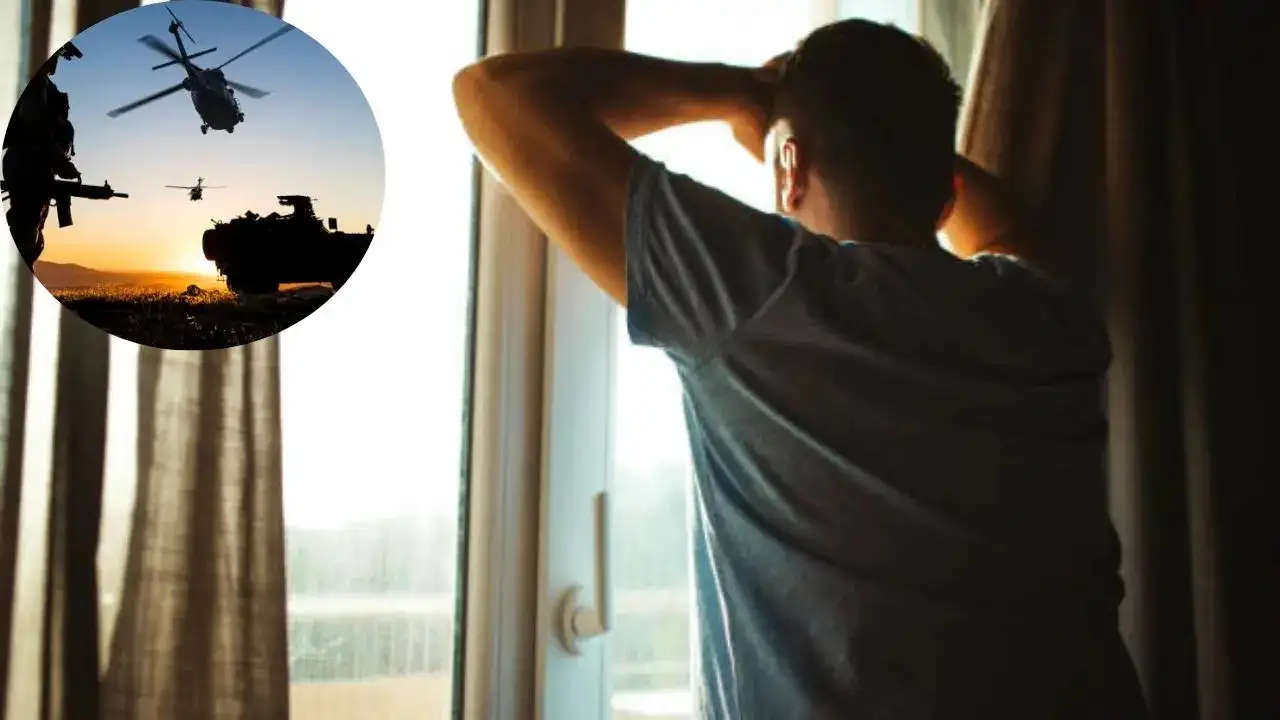
Heightened tensions have been creating havoc in the minds of people – especially those at an impressionable age
As India struck terrorist camps across the border at various places in Pakistan in the early hours, most people woke up to the news of Operation Sindoor, seen as a major step to avenge the Pahalgam killings in which 26 civilians were shot dead.
Since April 22, India has been on high alert, and news has been coming out every minute giving details of how security has been beefed up across the country. The country is also preparing for an unprecedented civil defence security drill to "train civilians and students for effective civil defence in the event of a hostile attack" on May 7.
Heightened tensions have been creating havoc in the minds of people—especially those at an impressionable age—who see and hear many unverified, over-the-top, and false narratives being played on social media. According to experts, war fears significantly impact mental health, leading to heightened anxiety and stress and even potentially triggering conditions like post-traumatic stress disorder. These effects manifest in various ways, including physical symptoms, emotional distress, and behavioural changes.
Increased anxiety
The unpredictable nature of war—which includes the constant threat of violence—leads to heightened anxiety and fear—even in those who may not be directly involved in the conflict. Experts say it can manifest as worry about loved ones, fear for the future, and a general sense of unease.
Depression
Constantly watching news and social media stories about an “impending war” can increase the risk of developing depression and other mental health disorders, including substance use disorders and psychosis.
How does uncertainty play with your mind?
Also defined as ambiguity, uncertainty is the inability to foresee future outcomes—which experts say is strongly linked to negative mental health outcomes. Mostly those with pre-existing mental health issues can experience worsening and deepening symptoms if confronted with uncertainty. Doctors say most people do not have any coping mechanisms for what they feel.
What can you do to cope in such situations?
While it is important to develop healthy coping mechanisms like seeking support and practicing mindfulness, experts believe every person must gather a sense of control to overcome the negative impacts of uncertainty. Access to mental health and psychosocial support services is crucial for individuals grappling with uncertainty and related mental distress.
A few other ways you can better your mental health include:
Limit exposure to content
At present, there is a lot of news—most of which is unverified on social media, which can trigger your worst fears. And so, according to experts, the best way to feel calm is to reduce the amount of time spent on news and social media that may be triggering.
Practice relaxation techniques
Engage in activities like deep breathing exercises, meditation, or yoga—all of which are instrumental in reducing stress.
Keep connected with your loved ones
Keep talking to your friends and family and share your feelings with others.
Seek professional help
Make sure to always seek professional help from counsellors and therapists if you are not able to come out of war-related anxiety.
Focus
Concentrate more on your own actions and choices rather than trying to control events that are beyond your influence. It is important to remember that seeking help is a sign of strength, and there are resources available to support individuals struggling with the mental health consequences of war.
Get Latest News Live on Times Now along with Breaking News and Top Headlines from Health and around the world.
